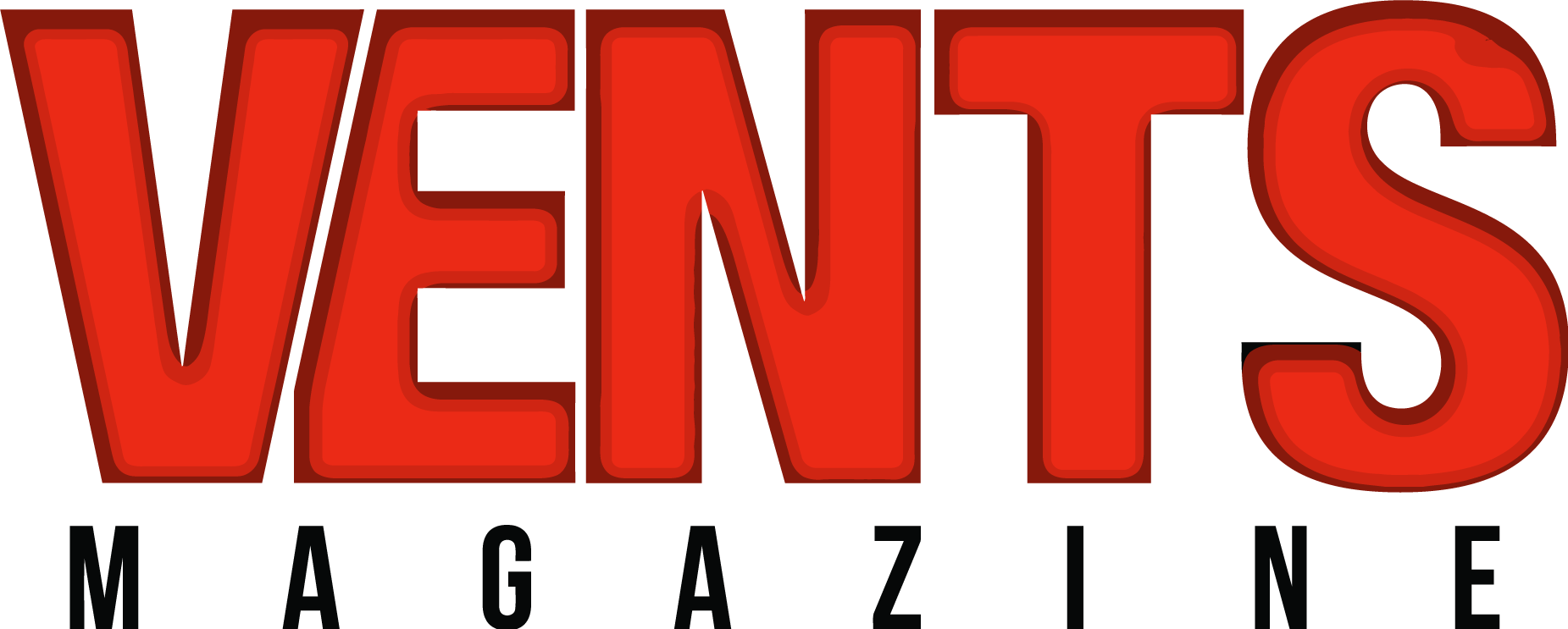
Custom metal casting is a crucial process in the manufacturing industry, where precision and adaptability often reign supreme. FC Casting Solutions, a leader in this field, offers tailored solutions to meet the diverse needs of various sectors. From automotive to aerospace, the demand for high-quality metal components drives the need for bespoke casting processes.
In custom metal casting, designs are often extensively refined to satisfy specific requirements. Custom metal casting allows manufacturers to produce complex geometries that would be difficult or impossible to achieve with other techniques.
The Process of Custom Metal Casting
At its core, custom metal casting involves creating a mould based on a unique pattern or design. This mould is then filled with molten metal, which cools and solidifies, forming the desired component. The precision of this process enables the production of parts with intricate details and superior mechanical properties.
Moulding Techniques
Several moulding techniques can be employed, including sand casting, investment casting, and die casting. Each method has its advantages and is selected based on the material being used, the complexity of the design, and the desired production volume.
Material Considerations
Selecting the appropriate material is vital in custom metal casting. Metals such as aluminium, steel, and brass are commonly used, each offering distinct properties that can be leveraged to improve performance in the final product.
Applications of Custom Metal Casting
The versatility of custom metal casting means it finds applications across many industries. In the automotive industry, it is used to produce engine components, transmission parts, and other critical elements. Aerospace companies rely on customised castings for components that must withstand extreme conditions.
In addition, the defence sector benefits from high-precision casting needed for weaponry and armour. The ability to produce durable parts tailored to exact specifications is invaluable in this field.
Benefits of Custom Metal Casting
One of the main benefits of custom metal casting is the ability to manufacture parts with superior accuracy and detail. This precision can lead to enhanced performance and reliability in the final products. Furthermore, the ability to use a wide range of metals allows engineers to optimise components for weight, strength, and durability.
Challenges in Custom Metal Casting
Despite its advantages, custom metal casting presents certain challenges. The initial setup can be costly and time-consuming, especially for intricate designs that require detailed moulds. However, once established, it offers a cost-effective solution for production at scale.
Quality Control
Maintaining quality is paramount. Rigorous testing and inspection are necessary to ensure that each component meets the required standards. Technologies such as X-ray imaging and 3D scanning play a crucial role in quality control, enabling manufacturers to detect potential defects before they become critical issues.
The Future of Custom Metal Casting
As technology advances, custom metal casting is poised to become even more integral to manufacturing. Innovations such as additive manufacturing are already being combined with traditional casting methods to push the boundaries of what is possible.
Companies like FC Casting Solutions continue to drive progress in this field. By embracing new technologies and methods, they ensure that custom metal casting remains a vital part of the industrial landscape.
Conclusion
In summary, custom metal casting is a flexible and precise manufacturing process that is essential in many industries. With continuous advancements and the ability to produce highly specialised components, it is likely to remain an important part of industrial manufacturing for the foreseeable future.
